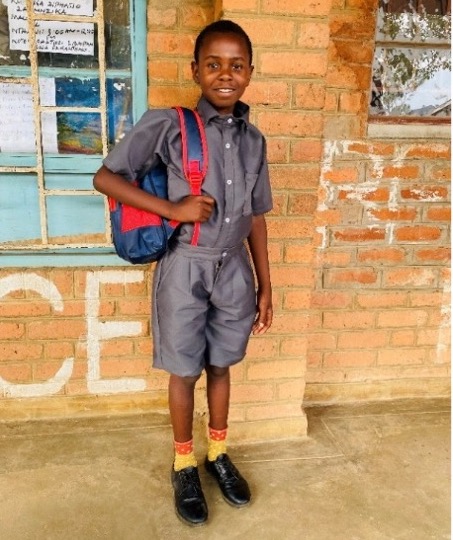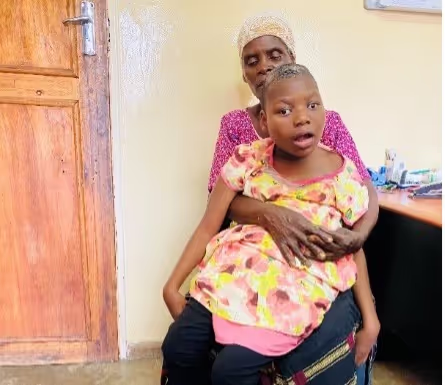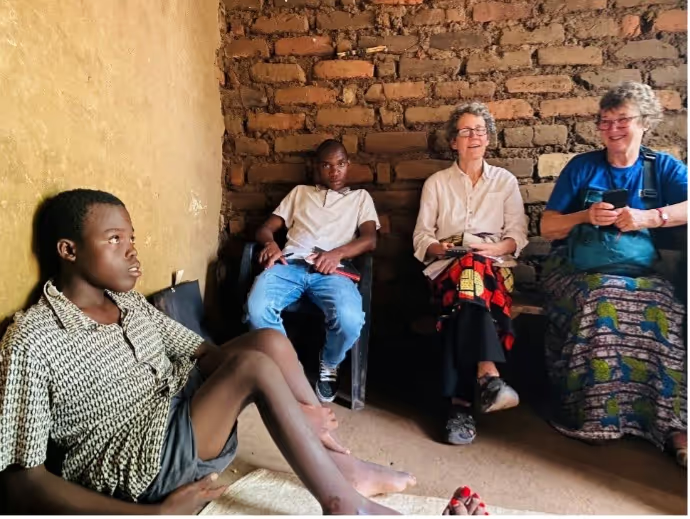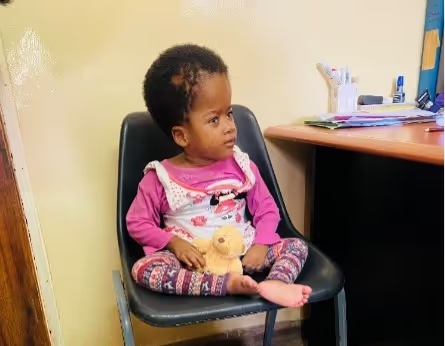Childhood Interrupted: Restoring Hope for a Young Caregiver and His Ailing Father
July 22, 2025
5
min read

Mr. M is a long-term patient at Queen Elizabeth Central Hospital, currently receiving palliative care for a serious and debilitating illness. Since his diagnosis, his primary caregiver has been his 12-year-old son — a child who has taken on responsibilities far beyond his years. This young boy has become solely responsible for his father's daily care, including the distressing task of dressing a large and painful wound on his father's foot.

The palliative care team first encountered the boy in September 2024, when he came alone to collect his father’s medication from the hospital. Moved by his situation, the team later conducted a home visit, which revealed the severity of the circumstances in which he was living. The boy and his father were surviving in extremely difficult conditions, with no support from extended family. His mother had left the home, unable to cope with the demands of her husband's illness, leaving the child isolated, emotionally burdened, and wholly responsible for his ailing parent.
It became clear that the boy’s physical health, emotional well-being, and educational future were all under serious threat due to the overwhelming weight of caregiving. Mr. M, deeply concerned for his son's future, expressed that his greatest worry was the boy’s interrupted education and lack of a normal childhood. In response, the palliative care team provided immediate support, ensuring the child could return to school, and committed to seeking longer-term solutions for the family's welfare.
To ensure lasting and sustainable care for both the patient and his son, it is critical to provide financial assistance that would allow a responsible adult — either a relative or a trusted member of the community — to step in as the boy’s caregiver. Such support would cover essential needs such as food, clothing, and transportation, while also allowing the child to step away from the heavy burden of adult responsibilities. With a stable caregiver in place, the boy could focus on his education, personal growth, and emotional healing — all of which are essential for breaking the cycle of poverty and trauma that threatens his future.
This intervention would not only safeguard the dignity and comfort of Mr. M in his final phase of life, but also protect and nurture the long-term well-being of a vulnerable child who deserves a chance at a brighter, more hopeful future.







